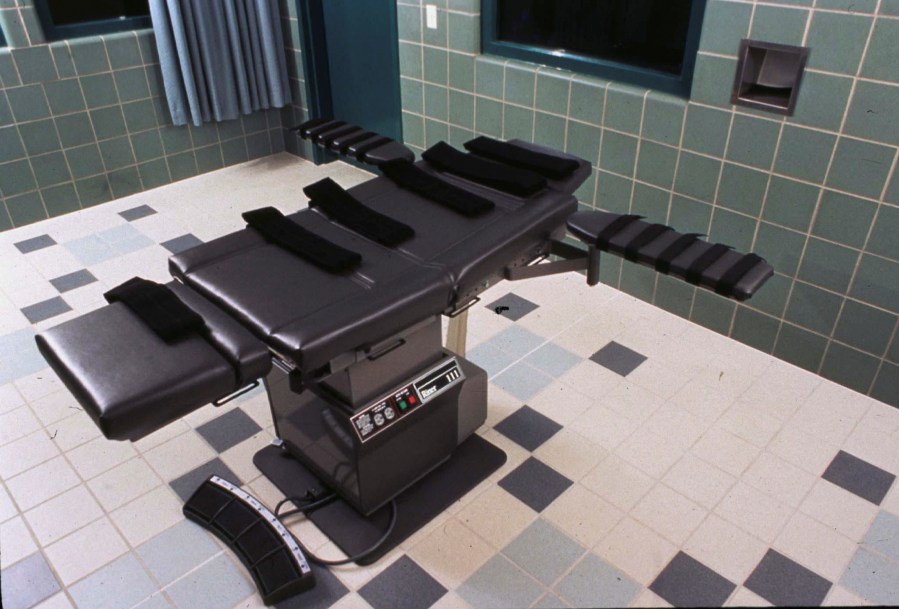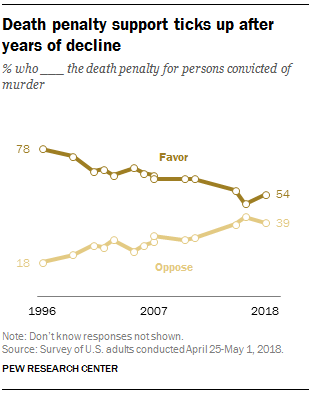TERRE HAUTE, Ind. (News Nation) — A U.S. federal judge issued an injunction Monday delaying what would have been the first federal execution in 17 years, scheduled for later in the day.
Judge Tanya Chutkan of the U.S. district court in Washington ordered the U.S. Department of Justice to delay four executions the department had scheduled for July and August to allow the continuation of the condemned men’s legal challenges against a new lethal injection protocol announced in 2019.
“The scientific evidence before the court overwhelmingly indicates that the 2019 Protocol is very likely to cause Plaintiffs extreme pain and needless suffering during their executions,” Chutkan wrote in her order.
She said the inmates were likely to succeed in their challenge to the protocol on the grounds that it breached a constitutional ban on “cruel and unusual” punishments.
The Justice Department told the court it would appeal the injunction.

The judge’s order came down less than seven hours before Daniel Lewis Lee was due to be put to death using lethal injections of pentobarbital, a powerful barbiturate, at the Justice Department’s execution chamber in Terre Haute, Indiana.
Lee was convicted in Arkansas of the 1996 killings of gun dealer William Mueller, his wife Nancy and her 8-year-old daughter, Sarah Powell.
Separately, Earlene Peterson, the mother of Nancy Mueller and grandmother of 8-year-old Sarah Powell, filed a lawsuit hoping to push the execution for a different reason.
According to News Nation affiliate KARK, Peterson said traveling to the execution posed too much of a health risk amid the coronavirus pandemic.
An Indiana federal judge on Friday ruled in favor of Peterson, issuing aa stay on the execution. Over the weekend, a federal appeals court reversed that decision. The family appealed to the Supreme Court of the United States on Monday.
Efforts to resume capital punishment at the federal level were underway within a few months of President Donald Trump’s inauguration in 2017, ending a de facto moratorium that began under his predecessor, Barack Obama, due to problems getting execution drugs, and while long-running legal challenges to lethal injections played out in federal courts.
The Justice Department had scheduled two more executions for later in the week and a fourth in August, all for men convicted of murdering children.
The coronavirus pandemic has prevented some of the lawyers of inmates on death row from visiting their clients. At least one employee involved in the executions tested positive for COVID-19, the Justice Department said over the weekend.
Scheduled Federal Executions
⚪ July 13: Daniel Lewis Lee
⚪ July 15: Wesley Ira Purkey
⚪ July 17: Dustin Lee Honken
⚪ August 28: Keith Dwayne Nelson
The four executions were scheduled in June by Attorney General William Barr.
REUTERS/Bryan Woolston
Federal Executions Rare
While Texas, Missouri and other states execute multiple condemned inmates each year, federal executions are rare: only three have occurred since 1963, all from 2001 to 2003, including the 2001 execution of Oklahoma City bomber Timothy McVeigh.
There are currently 62 people on federal death row in Terre Haute.

Opposition to the death penalty has grown in the United States, although 54 percent of Americans said they supported it for people convicted of murder, according to a 2018 survey by the Pew Research Center.
In announcing the planned resumption of executions, Attorney General William Barr said last year: “We owe it to the victims and their families to carry forward the sentence imposed by our justice system.”






